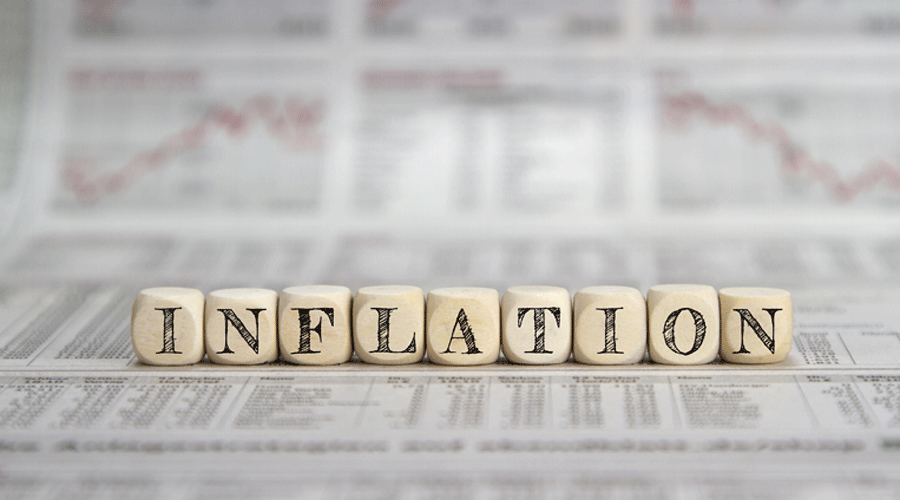Retail inflation again breached the Reserve Bank's upper tolerance limit and touched a three-month high of 6.52 per cent in January, mainly due to higher prices in the food basket, including cereals and protein-rich items.
With the exception of November and December 2022, retail inflation has remained above the RBI's upper tolerance level of 6 per cent since January 2022.
The retail inflation based on the Consumer Price Index (CPI) was 5.72 per cent in December and 6.01 per cent in January 2022. The previous high was 6.77 per cent in October.
While the prices of vegetable declined in January, most of the other items, including 'fuel and light' became dearer.
The rate of price rise in the food basket was 5.94 per cent in January, up from 4.19 per cent in the preceding month and 5.43 per cent in the year-ago month, as per data released by the National Statistical Office (NSO).
The inflation in rural areas was higher at 6.85 per cent as compared to 6 per cent in the urban centres.
Last week, the RBI -- which has been mandated to ensure inflation remains below 6 per cent -- had raised the key short-term rate (repo) by 25 basis points to 6.5 per cent with an aim to check price rise.
The Reserve Bank has projected the retail inflation at 6.5 per cent in 2022-23, with January-December quarter at 5.7 per cent.
Headline CPI inflation moderated by 105 basis points during November-December 2022 from its level of 6.77 per cent in October 2022.
This was due to a softening in food inflation on the back of a sharp deflation in vegetable prices, which more than offset the inflationary pressures from cereals, protein-based food items and spices, the RBI had said last week.
It also said the ongoing pass-through of input costs, especially in services, could keep core inflation at elevated levels.
Except for the headline, this story has not been edited by The Telegraph Online staff and has been published from a syndicated feed.










